20, March 2021
Congo Brazzaville: Sassou Nguesso tipped to win fourth term in presidential elections 0
The Republic of Congo votes in presidential elections on Sunday with incumbent Denis Sassou Nguesso aiming to extend his decades-long hold on power in the Central African state.
Sassou Nguesso has accumulated 36 years in office — he was most recently re-elected in 2016, after which the opposition was effectively sidelined and his two main rivals sentenced to 20 years’ forced labour.
The 77-year-old retired paratrooper appears favoured to win a fourth term in Sunday’s ballot. The largest opposition group, the Pan-African Union for Social Democracy, is boycotting the vote.
Sassou Nguesso hopes for a first-round victory over six challengers, including former minister Guy-Brice Parfait Kolelas, who was runner-up in 2016, and former finance minister Mathias Dzon.
“One shot, KO,” proclaimed his campaign posters forecasting a win for the candidate.
Sassou Nguesso has placed youth and the development of agriculture at the heart of his campaign, pointing out that the country imports most of what it consumes despite its farming resources.
Several thousand supporters, some waving banners with his initials “DSN”, rallied for his last campaign stop in Brazzaville on Friday, where he promised more programmes for the country’s youth.
“Our policies in favour of young people will continue with force and vigour during the next mandate,” he told his supporters.
But his pitch to the young seems to have met a mixed response in a country where most of the population of five million are people aged under 25 who have never known another president.
“Even if there is some hassle here, there’s no war like in other countries. Better to stay with Sassou who brings us peace, at least that is good,” said Mariela, a 19-year-old high-school student in the coastal city of Pointe-Noire.
“There’s no point voting,” said Francesc, a 25-year-old law student in the capital Brazzaville. “The dice are loaded in advance.”
Congo’s Catholic Church episcopal conference has already expressed “serious reservations” about the transparency of the ballot and fears a possible internet shutdown on Sunday, as in the 2016 election.
Oil-dependent
Sitting between Gabon and its giant neighbour the Democratic Republic of Congo, the Republic of Congo has significant oil reserves and 80 percent of its budget comes from petroleum.
But the former French colony, also known as Congo-Brazzaville, has been hit hard by cycles of falling world crude prices and is also hobbled by debt, corruption and poor infrastructure.
Per-capita GDP in 2012, at the height of an oil boom, peaked at $3,922, but tumbled to $2,279 in 2019, according to World Bank figures.
Last year, the economy contracted by 6.8 percent, according to the African Development Bank (AfDB). In the 2020 UN Human Development Index, a benchmark of poverty, the country ranked 175 out of 189 countries.
Transparency International classed Congo 165th out of 179 countries in its 2020 Corruption Perceptions Index.
Members of the Sassou Nguesso family were placed under investigation in Paris in 2017 in a case involving alleged “ill-gotten gains”.
Last July, the NGO Global Witness said US federal prosecutors were probing his son, Denis Christel Sassou Nguesso, over alleged embezzlement of several million dollars from the publicly-owned National Society of Petroleum of Congo (SNPC).
Thirty-six years in power
A former elite paratrooper, Sassou Nguesso first ruled from 1979 under a one-party system, stepping down in 1992 when he placed third in multi-party elections.
He then returned to power in 1997 at the end of one of Congo’s civil wars. He won votes in 2002 and 2009, although both victories were contested by the opposition.
A controversial 2015 referendum removed a 70-year age limit and a ban on presidents serving more than two terms, allowing Sassou Nguesso to run again the following year.
That election sparked protests in Brazzaville and an armed conflict by anti-government rebels in the southern Pool region.
Two Sassou Nguesso rivals, former army general Jean-Marie Michel Mokoko and ex-minister Andre Okombi Salissa, who contested the results, were later jailed for breaching state security and illegal detention of weapons.
France, the country’s biggest supporter, has been urged to push hard for fair elections and condemn rights abuse.
A group of French and Congolese activists, in a commentary published by Le Monde in Paris, said “the Republic of Congo, like French diplomacy, should return to democracy.”
(AFP)
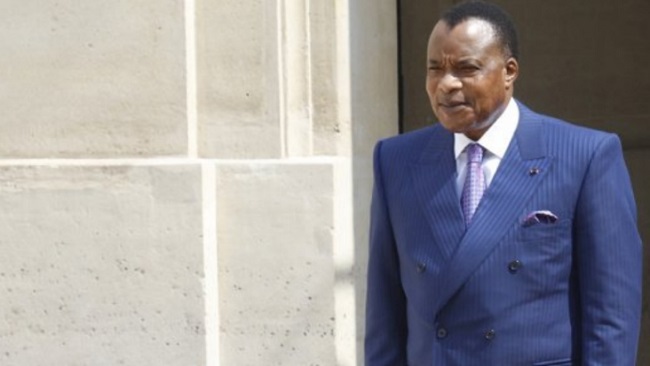
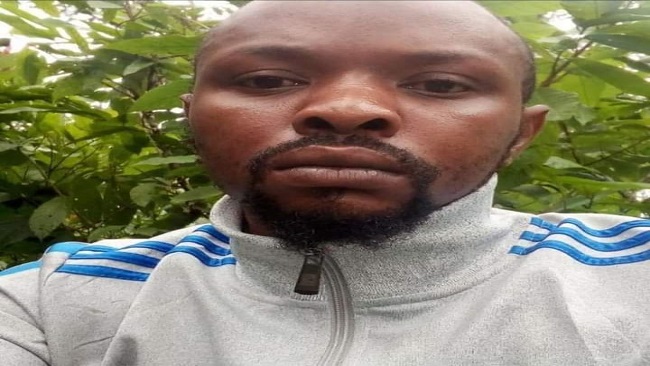
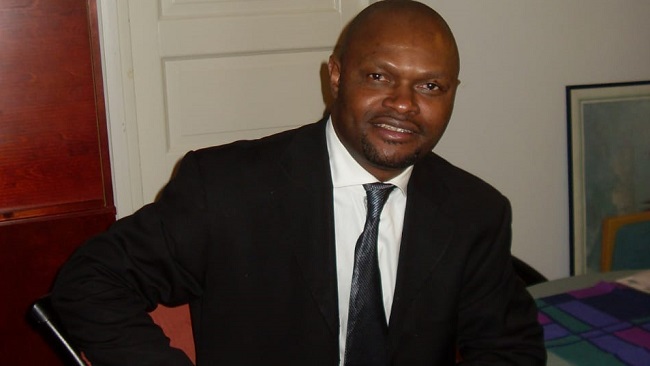
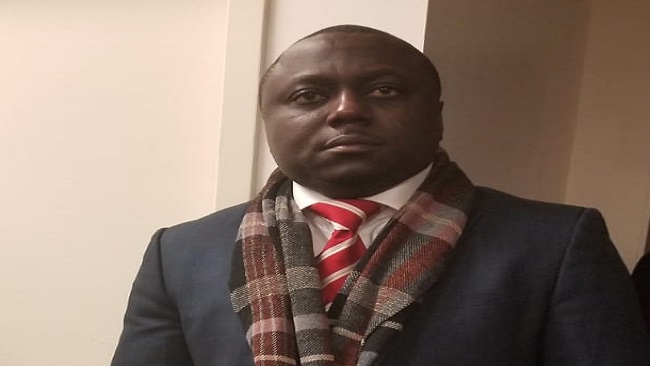
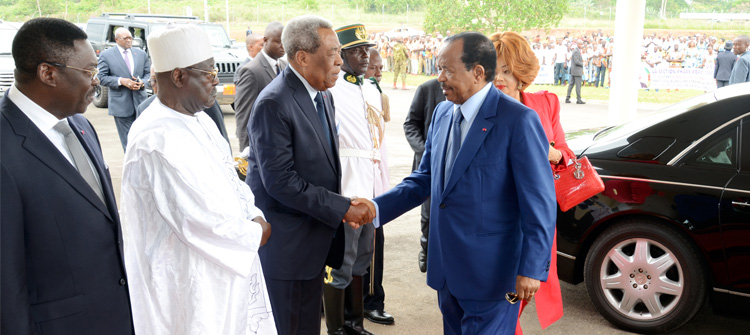
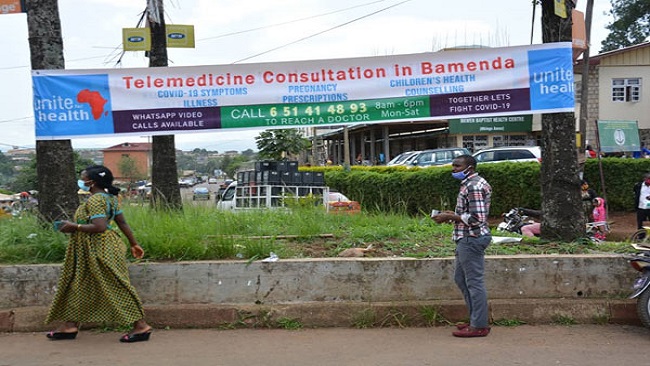
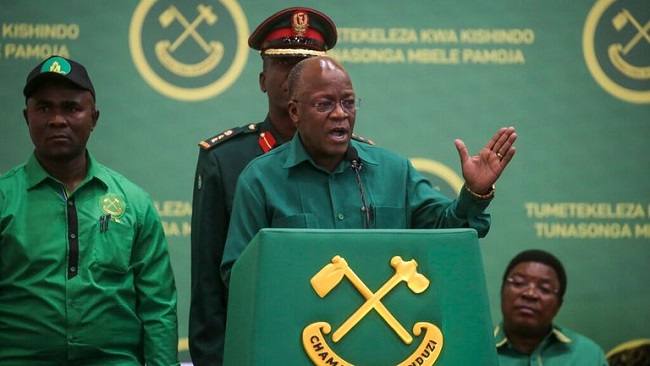
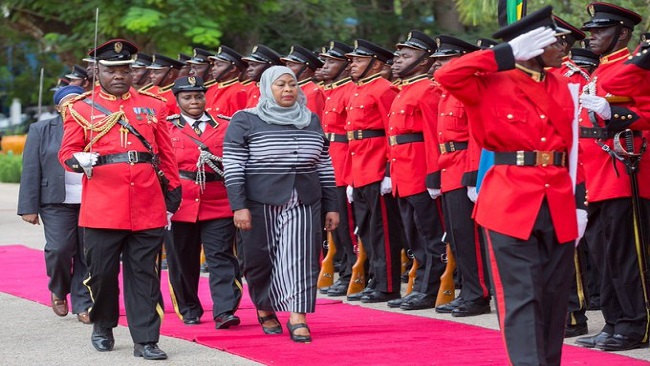
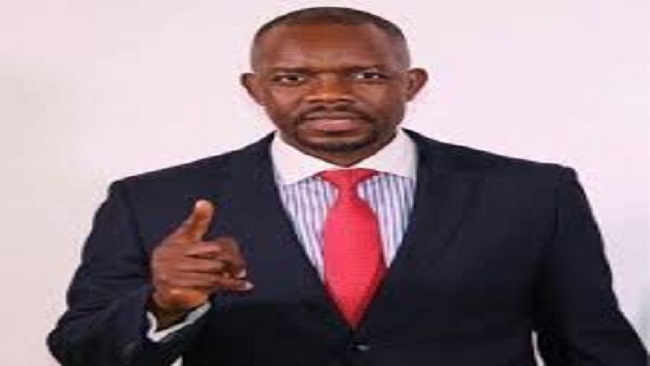











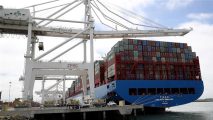






20, March 2021
Champions League: Bayern Munich v Paris Saint-Germain, Real Madrid v Liverpool 0
Holders Bayern Munich will take on last year’s beaten finalists Paris Saint-Germain in the Champions League quarter-finals while record 13-time winners Real Madrid meet Liverpool in a repeat of the 2018 final.
The draw also pitted Premier League leaders Manchester City against Borussia Dortmund, with Chelsea set to play Porto in the other tie.
Bayern defeated PSG 1-0 behind closed doors in Lisbon last August to win their sixth European Cup and remain the team to beat in Europe, having won 18 and drawn one of their 19 games in the Champions League since the beginning of last season.
The first leg is set to be played in Germany on April 6 or 7, with the return in Paris a week later.
Meanwhile, the meeting of Jurgen Klopp’s Liverpool and Real is another re-run of a recent final, with the Spaniards beating the Reds 3-1 in Kiev in 2018 to win the last of their record 13 titles to date.
Liverpool bounced back from that to lift the trophy for the sixth time in Madrid in 2019.
Klopp’s side are due to be away from home in the first leg, but it remains to be seen where that match will be played.
Atletico Madrid’s home leg against Chelsea in the last 16 ended up being moved to the Romanian capital Bucharest due to restrictions imposed on travel to Spain by British authorities.
The winner between Liverpool and Real will go onto a semi-final against either Chelsea or Porto, throwing up the possibility of an all-English last-four tie.
Liverpool beat Chelsea in the semi-finals in 2005 and again in 2007.
Unbeaten in 13 games since the appointment of Thomas Tuchel as coach in late January, Chelsea will be expected to get the better of Portuguese champions Porto, who ousted Juventus in the last 16.
However, that tie could also be relocated given travel restrictions between the United Kingdom and Portgual which prompted both legs of last month’s Europa League clash between Arsenal and Benfica to be played at neutral venues, in Italy and Greece.
Meanwhile City will be strong favourites against Dortmund, with the winner of that tie going through to a semi-final showdown with either Bayern or PSG.
Travel restrictions between the UK and Germany could also have an impact on City’s tie against Erling Braut Haaland’s Dortmund.
Both legs of City’s last-16 tie against Borussia Moenchengladbach were played in Budapest, as were both legs of Liverpool’s tie against RB Leipzig in the last round.
This season’s semi-finals are due to be played in late April and early May, with the final scheduled for May 29 in Istanbul.
(AFP)